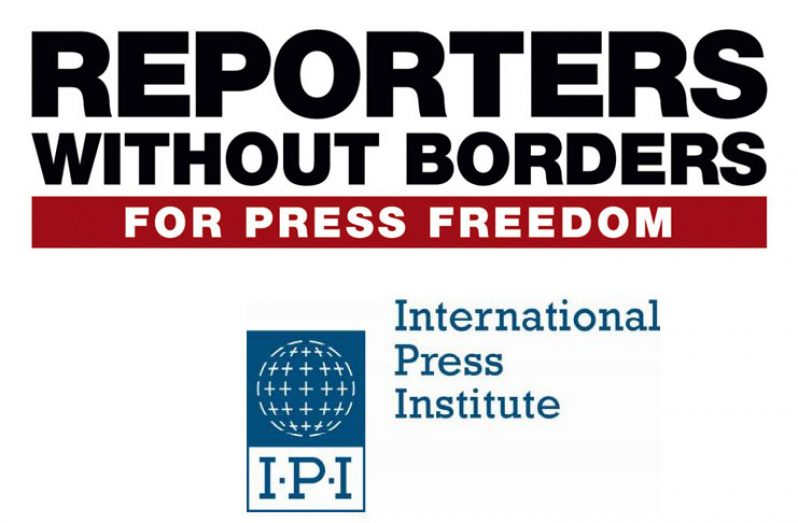TWO of the world’s press advocacy organisations have come out against the Broadcast Amendment Bill, which was last week approved by the National Assembly.
In separate statements, the International Press Institute (IPI) and Reporters Without Borders (RSF) both urged President David Granger not to give assent to the bill. While noting the lack of “consultations with broadcasters in order to take into account their recommendations,” the Paris-based RSF which holds consultative status at the United Nations, asserted that the bill “raises multiple press freedom concerns.”
The RSF pointed to the Bill’s requirement that all broadcasters apply for a licence within 30 days of the law coming into force and observed that the window for licensure “is being criticised by local and regional press freedom groups as too short.”
Broadcast licences have become a major political issue, especially since 2011, when the then PPP-government led by former President Bharrat Jagdeo, issued a number of licences to broadcasters, who were widely perceived to be closely connected to his party.
Some of the persons given licences were: PPP frontbencher, Clement Rohee, former PPP Minister Robert Persaud, and Vishok Persaud, who is the brother of PPP Member of Parliament (MP), Vindhya Persaud and son of former PPP MP, the late Pandit Reepu Daman Persaud.
Citing “local press freedom advocates,” the RSF stated that the Bill’s provisions — which include a maximum one million dollar fine and one year imprisonment for any broadcaster operating without a licence — “threaten the existence of many TV and radio stations, who have operated without a licence since no renewals were ever issued at the time of their expiration.”
Another flashpoint in the Bill, is a provision mandating that television and radio stations set aside up to 60 minutes per day, between 06:00hrs and 22:00hrs, for the broadcast of public service programmes, free of charge. Steven M. Ellis, the Director of Advocacy and Communications at the Vienna-based IPI, which also holds consultant organisation status at the UN, stated that elements of this legislation raise questions about the government’s commitment to ensuring stations can operate independently from state and political control.
“We urge lawmakers to address those questions and revise these amendments as necessary” Ellis urged.
During a 2013 visit to Guyana, IPI had also urged the then government to ensure that the granting of television and radio licences under the newly introduced Broadcasting Act be conducted in a transparent and impartial manner.




.png)









